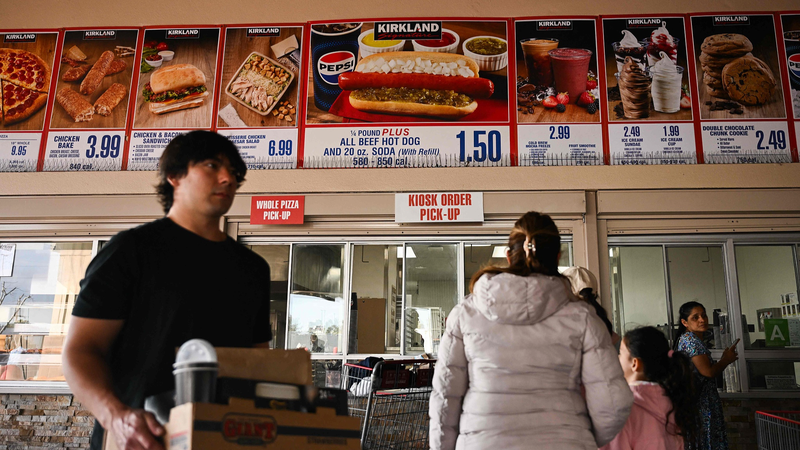When the Department of Commerce revealed a 0.3% contraction in U.S. GDP for Q1 2025, it marked the first quarterly decline after years of growth. For many, the culprit is clear: a sweeping 10% tariff on imported inputs that was meant to protect American industry but is now reshaping its future.
Manufacturers from coast to coast rely on global supply chains. In the automotive sector, companies source parts from Mexico, Canada and China—inputs that now carry a hefty tariff. The result? Car prices climb, profit margins shrink and factories dial back production. Industry analysts warn that up to 700,000 jobs could vanish if demand falters further.
Heartland states like Ohio, Pennsylvania and Wisconsin have long been the backbone of U.S. manufacturing. But in workshops and smaller factories, operators face razor-thin margins. With costs rising, many are forced to either absorb the tariff hit or raise prices—choices that risk customer loyalty and local livelihoods. As order books thin, some small businesses are even considering automation as a cost‑saving measure.
Not all sectors feel the same pressure. Steel and aluminum producers enjoy a temporary windfall, but companies tied to exports or dependent on imported materials are staring into an abyss. The irony? A policy designed to shore up jobs may trigger layoffs instead, especially in manufacturing, agriculture and retail.
Beyond factories, American households are paying a steep price. Higher import costs on electronics, clothing and food could tack on roughly $1,000 per household each year. Gaming consoles, groceries and everyday essentials alike risk becoming luxuries for many families already feeling the squeeze.
As investment stalls and public frustration grows, the debate over tariffs is heating up. Will these levies bolster American industry, or will they become the weight that tips the economy over the edge? For now, the numbers—and the stories from small towns nationwide—paint a cautionary tale of trade policy meeting real‑world impact.
Reference(s):
cgtn.com




